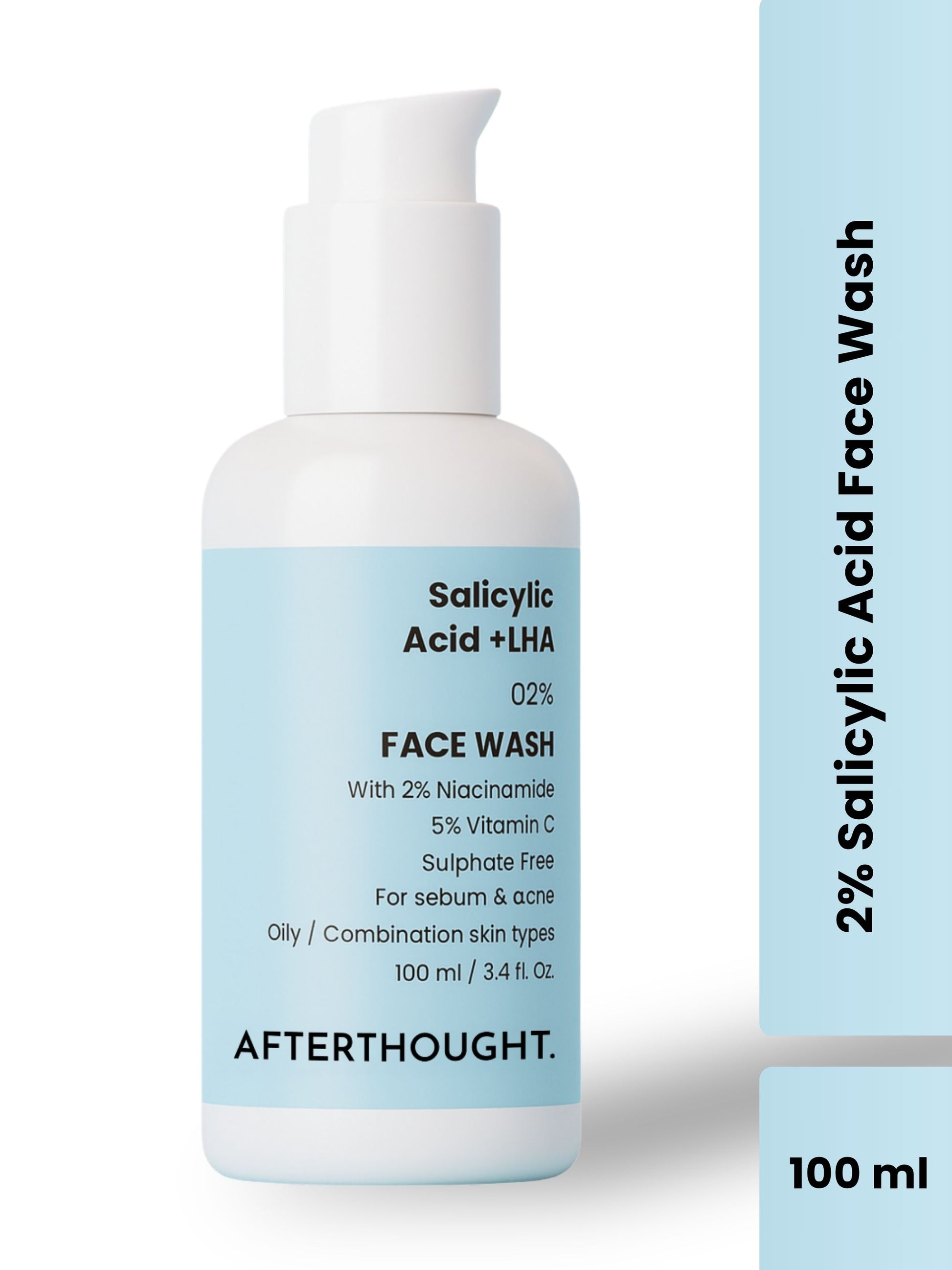What Foods Should You Avoid For Glowing Skin?
Achieving and maintaining glowing skin involves a balanced approach to diet and skincare. Welcome to Afterthought.
While incorporating beneficial nutrients into your meals can enhance your complexion, avoiding certain foods is just as crucial.
This article delves into various foods that can detract from skin radiance and offers insights into why they might be problematic.
1. Sugary Foods and Beverages
Excessive sugar intake can lead to a host of skin issues, including premature aging and dullness. High sugar levels in the bloodstream can cause a process called glycation, where sugar molecules bind to proteins like collagen and elastin.
This process results in the formation of advanced glycation end products (AGEs), which can damage skin elasticity and lead to wrinkles. Furthermore, sugary foods often spike insulin levels, which can trigger inflammation and increase oil production, potentially leading to acne.
2. Refined Carbohydrates
Refined carbohydrates, such as white bread, pastries, and pasta, are rapidly broken down into sugars in the body. This can cause similar glycation issues as sugary foods.
Additionally, these foods can lead to blood sugar spikes and crashes, which may contribute to inflammatory conditions affecting the skin. Opting for whole grains instead can help stabilize blood sugar levels and support better skin health.
3. Fried Foods
Fried foods, including French fries, fried chicken, and doughnuts, are often high in unhealthy fats and oils. These fats can promote inflammation and oxidative stress in the body, which may manifest as dull, uneven skin.
The high-fat content in fried foods can also lead to clogged pores and acne breakouts. To maintain a radiant complexion, consider baking or grilling foods instead of frying them.
4. Processed Foods
Highly processed foods, such as ready-to-eat meals, packaged snacks, and processed meats, often contain high levels of sodium, preservatives, and artificial additives. Excessive sodium intake can lead to dehydration and water retention, which may cause puffiness and dullness in the skin.
Additionally, artificial additives can sometimes trigger allergic reactions or sensitivities that affect skin health. Choosing fresh, whole foods can help mitigate these issues and promote a healthier complexion.
5. Dairy Products
Dairy products, including milk, cheese, and yogurt, have been linked to various skin concerns, such as acne and inflammation. Some studies suggest that dairy may increase levels of certain hormones, like insulin and IGF-1, which can stimulate oil production and exacerbate acne. If you suspect dairy is affecting your skin, consider reducing your intake or opting for dairy-free alternatives.
6. Salty Foods
High sodium consumption from salty foods like chips, pretzels, and processed meats can lead to dehydration and water retention. This can result in a puffy appearance and dull skin. Sodium can also disrupt the balance of electrolytes in the body, affecting skin hydration and overall health. Reducing your intake of salty foods and drinking plenty of water can help maintain skin moisture and clarity.
7. Alcohol
Alcohol consumption can dehydrate the skin and impair its natural ability to retain moisture. This can lead to a dry, flaky complexion and exacerbate fine lines and wrinkles. Alcohol also has a diuretic effect, which increases urine output and can further contribute to dehydration. Limiting alcohol intake and ensuring adequate hydration can support a more vibrant and youthful appearance.
8. Caffeinated Beverages
While moderate caffeine consumption can be part of a healthy diet, excessive intake of caffeinated beverages like coffee and energy drinks can contribute to dehydration. Caffeine has a diuretic effect, which can lead to skin dryness and dullness. Balancing caffeine consumption with plenty of water can help maintain skin hydration and overall health.
9. Artificial Sweeteners
Artificial sweeteners, such as aspartame and saccharin, are commonly found in diet sodas and sugar-free products. While they may not affect blood sugar levels directly, some studies suggest that these sweeteners could impact gut health and potentially lead to skin issues. Opting for natural sweeteners in moderation, such as honey or maple syrup, can be a healthier choice.
10. High-Fructose Corn Syrup
High-fructose corn syrup (HFCS) is a common ingredient in many processed foods and sugary beverages. HFCS can contribute to inflammation, which may affect the skin's appearance. It can also lead to increased oil production and acne. Choosing foods and drinks that do not contain HFCS can help maintain clearer, healthier skin.
Conclusion
Achieving glowing skin is not just about what you include in your diet but also about what you avoid.
By steering clear of sugary and refined foods, fried items, processed snacks, dairy, salty foods, alcohol, excessive caffeine, artificial sweeteners, and high-fructose corn syrup, you can support better skin health and radiance.
Emphasizing a balanced diet rich in whole, nutrient-dense foods will not only benefit your skin but also contribute to overall well-being.
Also Read: Which Food Is Best For Skin Whitening?









